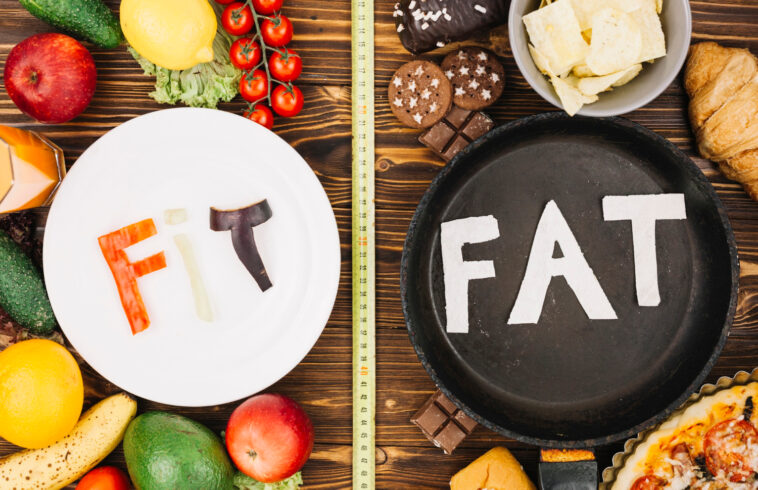Weight loss is a puzzle that many individuals strive to solve, but understanding the science behind sustainable weight loss is key to achieving lasting results. In this article, we will dive deep into the mechanisms that drive successful weight loss and explore evidence-based strategies for maintaining a healthy weight in the long term.
The Role of Energy Balance
At the heart of weight loss lies the concept of energy balance. To lose weight, you must create a calorie deficit by consuming fewer calories than your body needs to maintain its current weight. This deficit forces your body to tap into stored fat for energy, leading to weight loss over time.
Nutrition: Quality vs. Quantity
While energy balance is crucial, the quality of the calories you consume also plays a significant role in sustainable weight loss. Focus on nutrient-dense foods that provide essential vitamins, minerals, and fiber while keeping you satisfied. A diet rich in whole grains, lean proteins, fruits, vegetables, and healthy fats supports overall health and aids in weight management.
Portion Control and Mindful Eating
Controlling portion sizes is essential for weight loss. Even healthy foods can contribute to weight gain if consumed excessively. Practice portion control by measuring serving sizes, using smaller plates, and being mindful of your hunger and fullness cues. Slow down, savor each bite, and pay attention to the signals your body sends you during meals.
The Power of Physical Activity
Physical activity not only helps burn calories but also enhances your overall health and well-being. Engaging in regular exercise boosts your metabolism, preserves muscle mass, and supports sustainable weight loss. Aim for a combination of cardiovascular exercises and strength training to improve cardiovascular fitness, build lean muscle, and increase calorie burn.
The Importance of Sleep and Stress Management
Proper sleep and effective stress management are often overlooked but are vital for successful weight loss. Sleep deprivation disrupts hormone balance, leading to increased hunger and cravings. Prioritize sleep hygiene and aim for seven to eight hours of quality sleep each night. Additionally, manage stress through relaxation techniques, regular physical activity, and engaging in activities that bring you joy.
Behavioral Strategies for Long-Term Success
Changing behaviors and habits is critical for sustainable weight loss. Consider the following strategies:
1. Goal Setting and Tracking
Set specific, measurable, and achievable goals. Track your progress, whether through journaling, mobile apps, or other tools, to stay accountable and motivated.
2. Social Support
Enlist the support of friends, family, or a weight loss group. Surrounding yourself with a supportive community can provide encouragement, accountability, and valuable advice.
3. Stress and Emotional Eating Management
Develop alternative coping mechanisms for stress and emotional eating, such as practicing mindfulness, seeking professional help, or engaging in activities you enjoy.
4. Consistency and Sustainable Lifestyle Changes
Embrace gradual and sustainable changes rather than quick fixes. Incorporate healthy habits into your lifestyle that you can maintain in the long term, such as meal planning, regular exercise, and stress reduction practices.
Seeking Professional Guidance
Every individual’s weight loss journey is unique, and consulting with healthcare professionals, registered dietitians, or certified personal trainers can provide personalized guidance and support. These experts canhelp tailor a weight loss plan to your specific needs, provide evidence-based recommendations, and monitor your progress along the way.
Cracking the Code for Sustainable Weight Loss
Sustainable weight loss is not a mystery; it’s a science. By understanding the principles of energy balance, focusing on quality nutrition, practicing portion control and mindful eating, engaging in regular physical activity, prioritizing sleep and stress management, and implementing behavioral strategies, you can crack the code and achieve lasting results.
Remember, sustainable weight loss is a journey, not a quick fix. Embrace the process, celebrate small victories, and stay committed to creating a healthier lifestyle. By making informed choices, implementing evidence-based strategies, and seeking professional guidance when needed, you can unlock the science of sustainable weight loss and enjoy a healthier, happier life.



